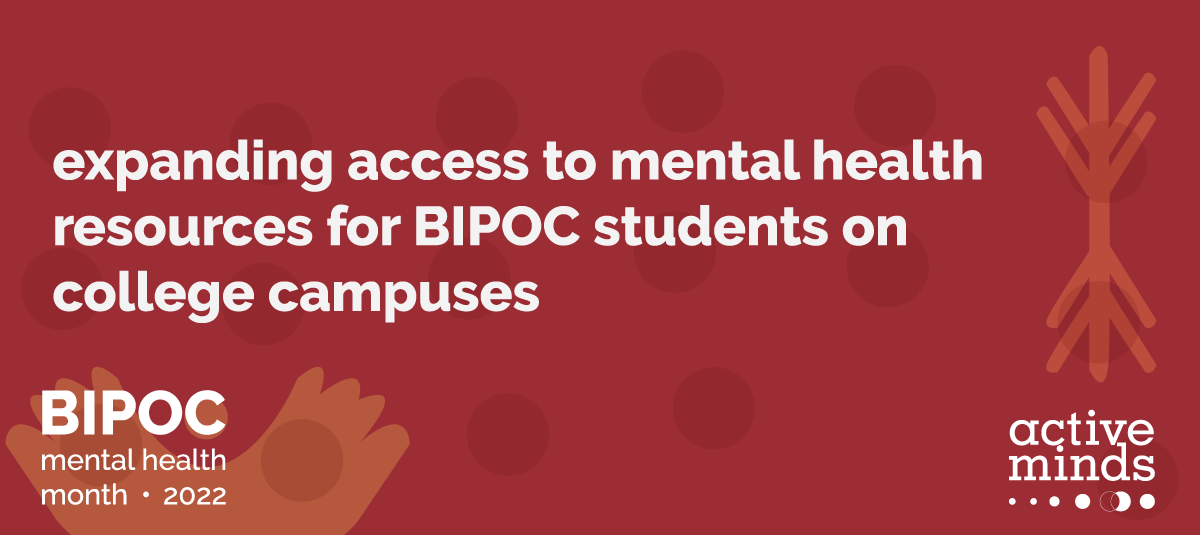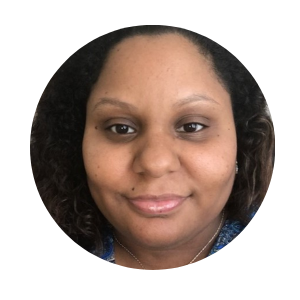Coming from a family that always emphasized the importance of social justice, I have always been interested in finding ways to give back to my community. After years of living and working abroad, I found my way home to my native Chicago to reconnect not only with my family but with my community. Chicago is a beautiful city, rich with history, culture, and amazing architecture. However, it is also a city that is marred by challenges, a strong history of racism, and ethnocentrism. When I returned, I decided I wanted to help be part of the Chicago non-profit world dedicated to increasing access to resources and support, especially in healthcare.
Access to quality mental health services for people of color continues to be challenging throughout the United States. And in Chicago, where the Latinx population is the largest minority group, there remain substantial barriers to access. As an African American woman who speaks Spanish and has lived mental health experiences, I wanted to take some time to study what was close to my heart. I decided to pursue research that focused on how native Spanish-speaking college students access mental health services on campus. Moreover, I wanted to identify best practices that college counseling departments could utilize to make their services more accessible to Latinx students. Through the Active Minds Emerging Scholars Fellowship, I began to research.
Interviewing counseling departments throughout the Chicago area provided tremendous insight to how staff were working with students who preferred to speak in Spanish. I learned more about the intricacies of mental healthcare and the services that are available to students at a variety of institutions, including both a large two-year college and small university. I also discovered that while there are many success stories, a variety of challenges, both individual and institutional remain.
The key findings from my research really hone in on the impact that cultural competence and cultural humility make on expanding services on campus for Spanish speakers. For students seeking support for their mental health, having resources and support networks that fully understand their culture, identity, and background is integral. To ensure this, best practices for college counseling departments could include:
- Revising intake materials to be culturally sensitive.
- Having at least one counseling staff member speak Spanish and providing services in the targeted language.
- Working more with student organizations and other departments to increase knowledge in the college community about access to mental health resources.
- Including the community, when possible, to help reduce stigma and open up conversations.
My research taught me a lot about the need for mental health services that center on people of color, especially the Latinx population. It helped me to broaden my perspective on the issues and better understand the significant role that research plays in helping to dismantle structural bias and racism in the healthcare system. I am eternally grateful to Active Minds and the Emerging Scholars Fellowship supporters, the Scattergood Foundation and Avi and Sandra Nash, for providing me with the opportunity to be an Emerging Scholar Fellow. The knowledge and experience I gained will help me to broaden my research pursuits within the area of access to mental health services. I plan to use the research conducted throughout my fellowship as part of a broader project for my master’s degree capstone and continue to focus on access to healthcare for the BIPOC community.
Learn more about the importance of equitable and inclusive mental health research, advocacy, and support by checking out our recent Youtube Live with members of our Emerging Scholars Fellowship here.




